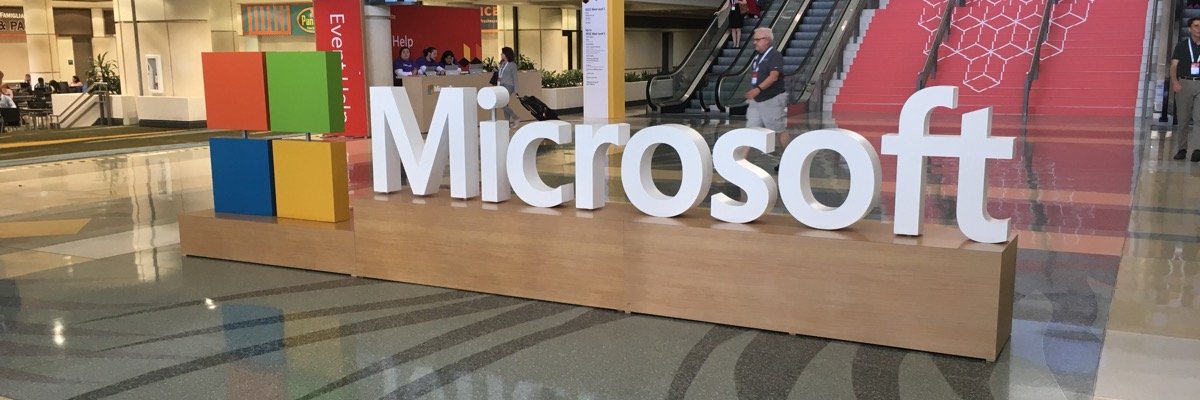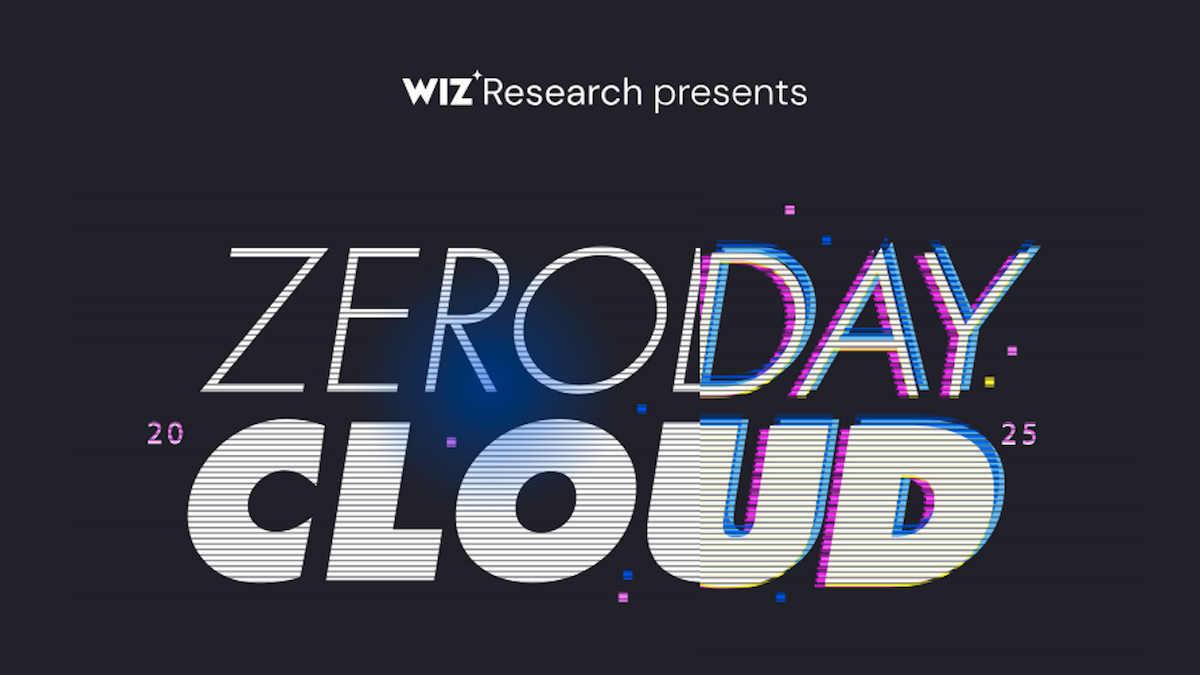fromThe Hacker News
1 day agoThousands of Public Google Cloud API Keys Exposed with Gemini Access After API Enablement
With a valid key, an attacker can access uploaded files, cached data, and charge LLM-usage to your account. The keys now also authenticate to Gemini even though they were never intended for it. The problem occurs when users enable the Gemini API on a Google Cloud project, causing existing API keys to gain surreptitious access to Gemini endpoints without any warning or notice.
Information security




















